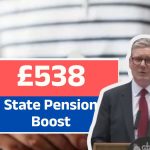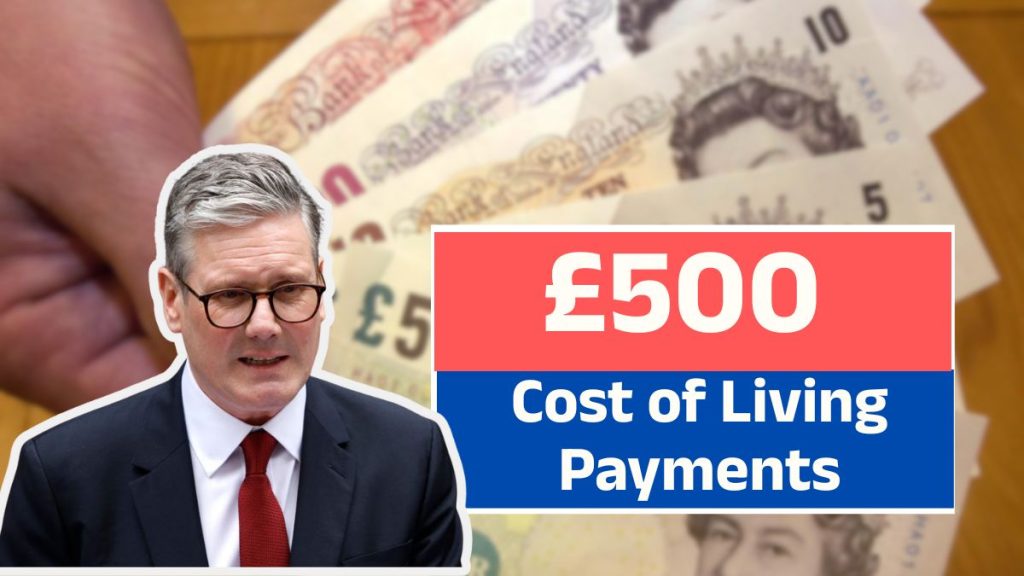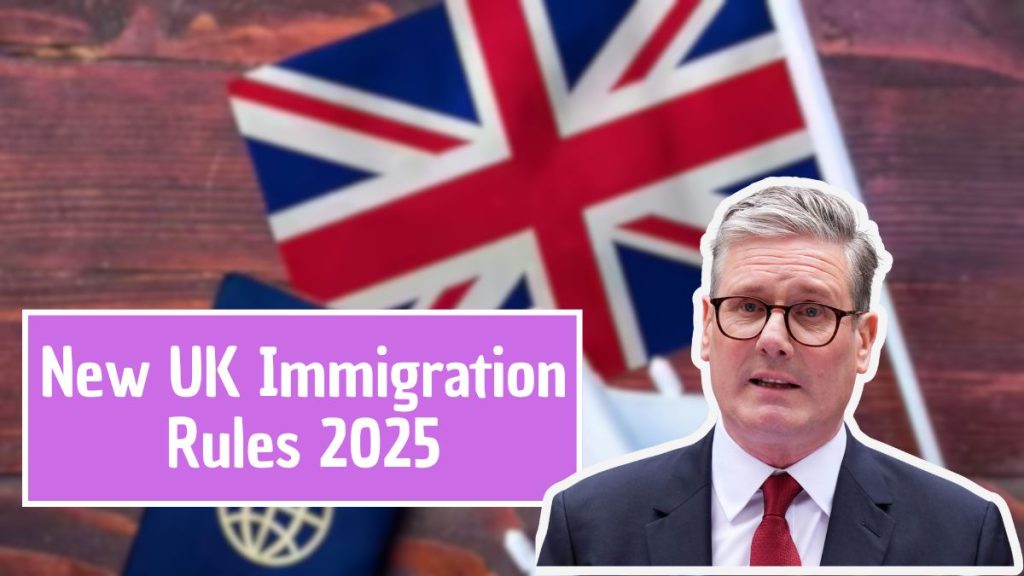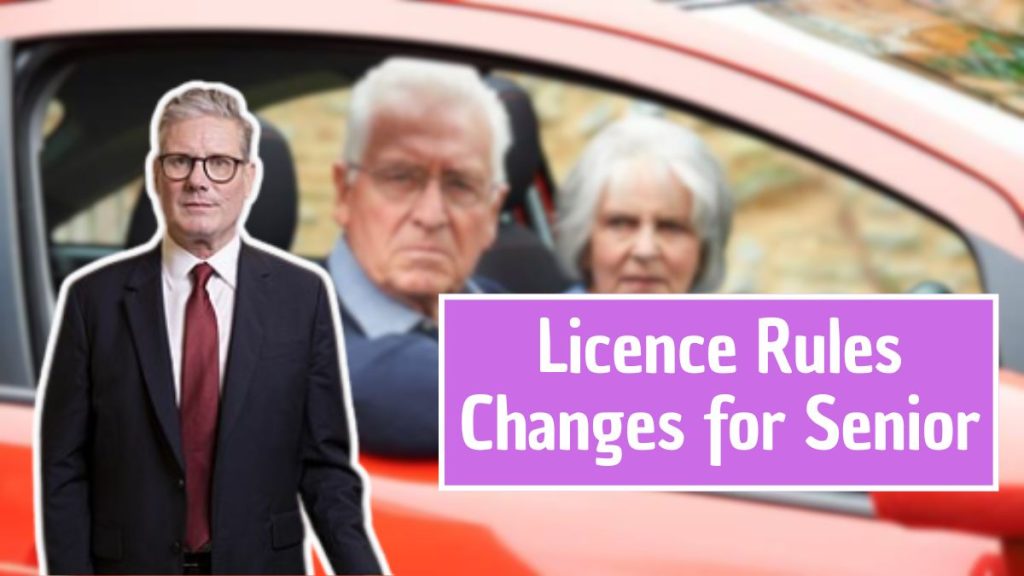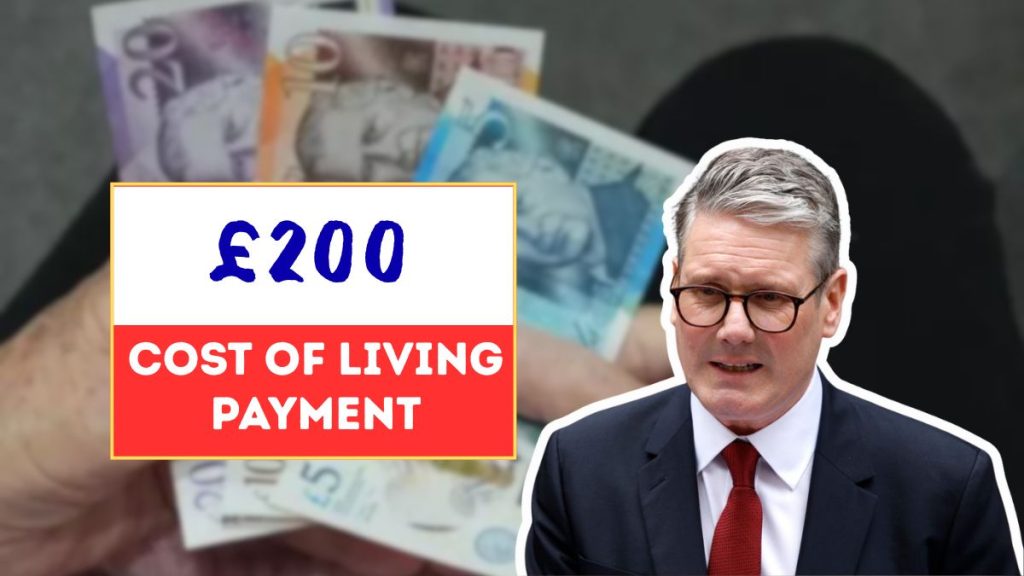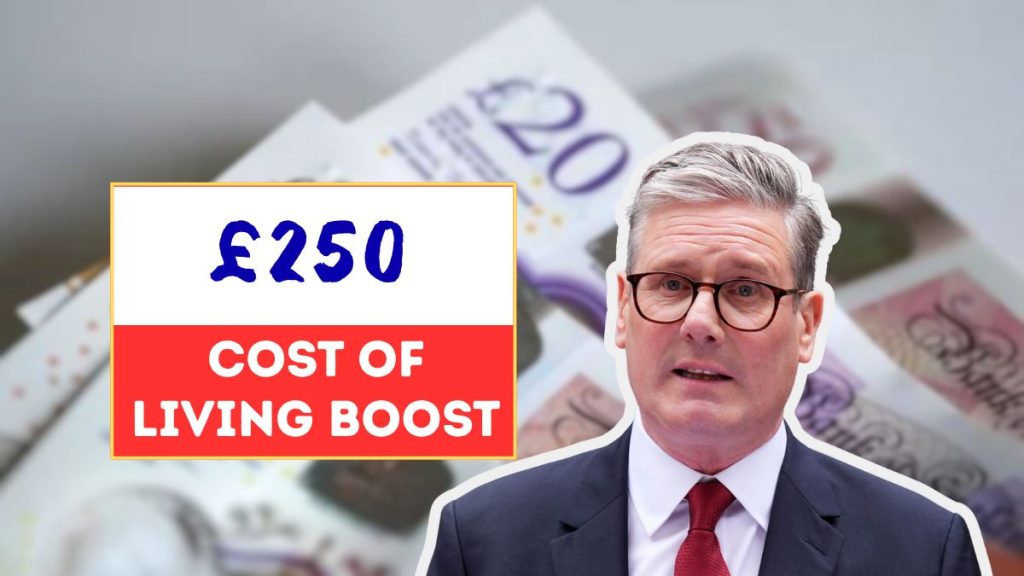The Department for Work and Pensions (DWP) has confirmed a new £812 support package for millions of UK households struggling with rising living costs.
With food prices, rent, and energy bills at record highs, the government has introduced this targeted support to provide relief to low-income families, pensioners, unemployed individuals, and people with disabilities.
Unlike previous one-off cost-of-living payments, this initiative links directly to four major benefits, ensuring help reaches those most in need.
Understanding the £812 DWP Payment
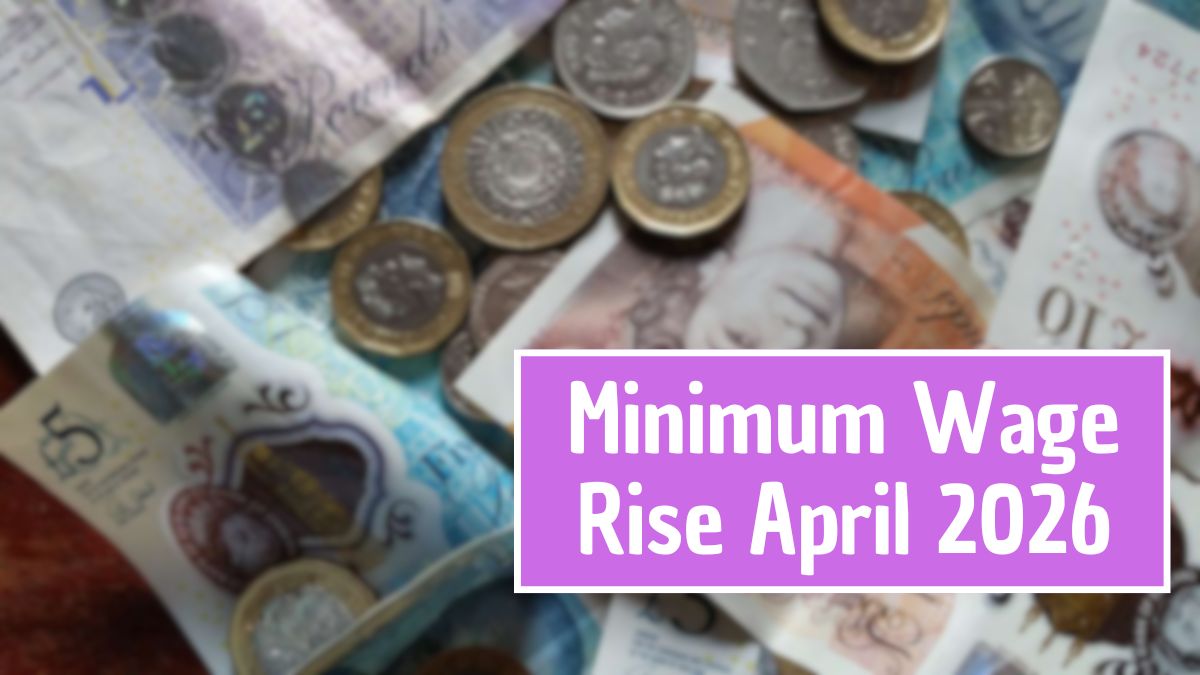
The DWP £812 payment is a 2025 financial relief scheme designed to assist households under financial pressure due to inflation and the cost-of-living crisis.
While earlier DWP initiatives offered lump-sum payments to broad categories of claimants, the 2025 scheme adopts a targeted approach — tying eligibility to specific welfare benefits.
According to the DWP, the goal is simple: “To provide meaningful support for those facing the hardest choices between food, heating, and rent.
Quick Summary: DWP £812 Payment Update 2025
| Key Detail | Information |
|---|---|
| Payment Name | DWP £812 Payment 2025 |
| Amount | Up to £812 per eligible household |
| Qualifying Benefits | Universal Credit, Pension Credit, Income-Based Jobseeker’s Allowance (JSA), Income-Related Employment and Support Allowance (ESA) |
| Delivery Method | Automatic bank transfer (no application required) |
| Frequency | One-off or linked to assessment periods |
| Exclusions | Contribution-based JSA/ESA, higher-income households, large savings |
| Purpose | Cost-of-living relief for vulnerable and low-income families |
| Official Source | gov.uk/dwp |
How the £812 Payment Differs from Previous DWP Schemes
The DWP’s 2025 initiative builds on earlier cost-of-living payments rolled out in 2022 and 2023 but introduces refined targeting.
Rather than providing blanket assistance, this plan focuses on four core benefits, ensuring that limited government funds reach the households most in need.
The payment amount — up to £812 per household — may vary slightly depending on individual benefit entitlements and assessment periods.
Who Qualifies for the £812 DWP Payment?
Eligibility for the new DWP payment is tied directly to four main benefits. Claimants receiving any of these are likely to qualify automatically.
1. Universal Credit Claimants
Universal Credit remains one of the UK’s most widely claimed benefits, supporting millions of households.
You may qualify for the £812 DWP payment if you:
- Are unemployed or on a low income.
- Receive Universal Credit due to illness, disability, or caring responsibilities.
- Have dependents or childcare costs that reduce your income.
Even those working part-time or full-time at low wages can qualify. The key factor is income, not employment status — a vital point, as many assume working disqualifies them from DWP assistance.
Payments will be automatically calculated and transferred based on existing benefit data.
2. Pension Credit Claimants
Pension Credit supports retirees whose income falls below a specific threshold.
This benefit often acts as a gateway to additional support, including free NHS dental care, housing assistance, and the Warm Home Discount.
Under the 2025 scheme:
- Eligible pensioners will receive the £812 payment automatically.
- Those not currently claiming Pension Credit but who qualify are urged to apply immediately, as even late applications can trigger backdated payments.
- Many older citizens miss out simply because they don’t realize they qualify.
The DWP is running campaigns encouraging pensioners to check their eligibility — emphasizing that this payment could help cover heating and essential costs through the winter.
3. Income-Based Jobseeker’s Allowance (JSA)
The Income-Based JSA provides financial help for those out of work and actively looking for employment.
For these claimants:
- The £812 payment will be automatically assessed and distributed.
- It can help cover essentials like food, transport, and rent while individuals search for jobs.
- Contribution-based JSA alone does not qualify, unless combined with an income-based element.
This support serves as a temporary safety net for individuals rebuilding their financial footing after job loss or redundancy.
4. Income-Related Employment and Support Allowance (ESA)
The Income-Related ESA supports individuals unable to work due to illness or disability.
These claimants often face higher daily costs — including medical expenses, transport, and heating — making them one of the most vulnerable groups.
Under the new DWP rules:
- ESA claimants will receive the £812 payment automatically, without needing to apply.
- The payment recognizes the unique financial strain faced by disabled individuals.
- It aims to ensure that no vulnerable person is left behind amid continued cost-of-living pressures.
How the £812 Payment Will Be Delivered
The DWP has clarified that no separate application process is required. Payments will be automatically sent to the same bank account linked to the qualifying benefit.
Claimants can expect:
- Automatic deposits labeled clearly as “DWP £812 Support Payment.”
- No texts, calls, or emails requesting bank information.
- Direct communication through official DWP channels only.
To avoid payment delays, claimants must ensure their bank and contact details are current on their benefit records.
Who Will Not Qualify for the DWP £812 Payment
The scheme focuses on the most financially vulnerable, so certain groups will be excluded:
- Those on contribution-based JSA or ESA without an income-based component.
- Higher-income households above DWP thresholds.
- Self-employed individuals with increased recent income.
- People with significant savings or investments exceeding DWP limits.
These exclusions ensure the payment remains targeted and supports those genuinely in need.
Why the DWP £812 Payment Matters in 2025
The timing of this update reflects ongoing financial pressures across the UK.
- Energy bills remain unpredictable, with average annual costs still higher than pre-pandemic levels.
- Food inflation has driven grocery bills up by over 15% in some regions.
- Rents and mortgage rates continue to outpace income growth.
For millions of pensioners, unemployed individuals, and disabled people, the £812 support could provide vital breathing room — helping prevent debt, eviction, or heating hardship during winter.
How to Check If You’re Eligible
If you already receive any of the four qualifying benefits, you do not need to reapply.
However, to confirm your eligibility or update details:
- Visit the official DWP portal at gov.uk/dwp.
- Log in to your account or contact your local Jobcentre Plus.
- Check your benefit entitlement and ensure your personal information is correct.
If you suspect you qualify but are not currently receiving a benefit, apply as soon as possible to avoid missing out.
Protecting Yourself from Scams
The DWP has issued a national warning against scam messages.
Key advice includes:
- The DWP will never ask for personal or banking details via phone, email, or text.
- Ignore messages offering “fast-track” payment processing — they are fake.
- Always verify communications through the official government website.
Claimants are urged to report suspicious messages to Action Fraud or [email protected].
What If You Haven’t Received the Payment?
If you believe you’re eligible but haven’t received your payment after the rollout:
- Check your benefit account for processing updates.
- Ensure your bank details are accurate.
- Allow time for staggered payments, as distribution may occur in phases.
- If your payment remains missing after the final rollout date, contact DWP directly.
Patience is key — payments will be made in batches to manage demand efficiently.
How the £812 Payment Connects with Other Support Schemes
The DWP £812 payment complements several other national programs, including:
- Winter Fuel Payment for pensioners.
- Cold Weather Payment for severe winter conditions.
- Warm Home Discount for energy relief.
- Housing Support through local councils.
These overlapping initiatives aim to ensure continuous, layered protection for low-income families throughout the year.
Government’s Broader Economic Vision
The DWP’s updated payment scheme is part of a wider plan to stabilize the UK’s welfare structure.
By aligning payments with core benefits, the government ensures a more efficient system that reduces fraud, simplifies eligibility, and strengthens accountability.
The policy shift reflects a long-term strategy to support low-income households sustainably, rather than through temporary crisis payments.
The Bigger Picture: Building Financial Stability
For many UK residents, this payment represents more than a one-time financial boost. It symbolizes stability amid uncertainty.
For pensioners, it ensures security during retirement.
For working families, it eases the strain of balancing wages and expenses.
For the unemployed and disabled, it provides dignity and reassurance that support remains available.
In a period of economic uncertainty, the £812 DWP payment stands as one of the most significant social welfare updates of 2025.
(5) Frequently Asked Questions (FAQs)
Q1. What is the DWP £812 payment for 2025?
It’s a new government support measure aimed at helping low-income, unemployed, disabled, and pensioner households manage rising living costs.
Q2. Who qualifies for the £812 DWP payment?
Eligibility is based on receiving one of four benefits — Universal Credit, Pension Credit, Income-Based JSA, or Income-Related ESA.
Q3. Do I need to apply for the payment?
No. Payments are automatic for eligible claimants. Just ensure your bank details are current with the DWP.
Q4. When will the payments be made?
Payments will be rolled out gradually in 2025, directly into bank accounts linked to qualifying benefits.
Q5. Can I get this payment if I’m on contribution-based JSA or ESA?
No. Only income-based versions of these benefits qualify for the £812 payment.






